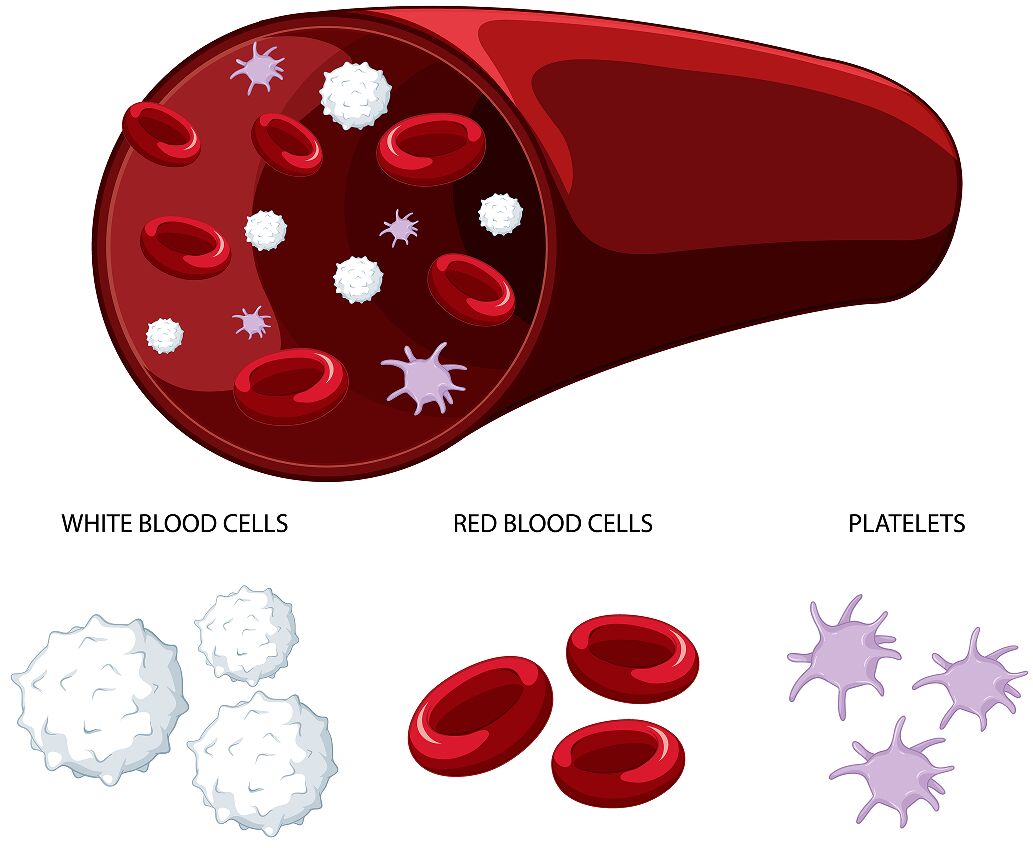ITP or Idiopathic thrombocytopenic purpura as it is commonly called, is a condition characterized by low blood platelet counts. In order for the blood to clot, platelets must be present in sufficient numbers. This can lead excessive bleeding and bruises. This is a difficult disorder to diagnose because it has no known cause.

Causes of ITP
ITP has been referred to as an autoimmune condition, which occurs when the body’s own immune system destroys and attacks platelets. ITP may also be triggered by other conditions, such as hepatitis virus, HIV or Helicobacter. Certain drugs, like heparin, or certain antibiotics, may also cause ITP. Other conditions, such as chronic lymphocytic lesions or lupus, can trigger this disorder.
Symptoms of ITP
ITP manifests in petechiae, small reddish purple spots on the upper surface of skin caused by bleeding. Additionally, patients experiencing ITP often have nosebleeds or frequent gum bleeding; fatigue and weakness are often accompanying this condition due to blood loss.
Diagnosis of ITP
Its Diagnosing ITP typically involves several blood tests that measure platelet count and other aspects of clotting, as well as physical exams to look for signs such as an enlarged stomach or bleeding beneath the surface. Sometimes bone marrow biopsies may be necessary to rule out other causes for ITP.
Treatment Options for ITP
ITP can be treated to increase platelet production and decrease bleeding. Corticosteroids such as Prednisone may help suppress immunity and platelet destruction while temporarily increasing platelets using IVIG (intravenous immuneglobulin). Splenectomy may be recommended in severe cases; alternatively rituximab (thrombopoietin antagonists) or thrombopoietin may be given instead as medications to increase production and boost levels.
Lifestyle and Home Remedies
Lifestyle modifications may also provide relief to ITP patients in addition to medical treatments. A diet high in vitamins, minerals, and other essential nutrients may support overall health while simultaneously increasing platelet formation. Regular physical activity such as yoga or meditation may improve cardiovascular health while helping keep circulation stable; such techniques could prevent symptoms worsening over time.
Complications Associated with ITP
Untreated ITP can lead to life-threatening bleeding. Chronic ITP is a serious medical condition with serious negative implications on quality of life. People living with ITP may also face increased risks during surgery or pregnancy and require special monitoring and consideration during these processes.
Managing ITP in Children
Intense Thyroid Pain (ITP) presents differently for children than it does for adults, typically manifesting less severely and with milder symptoms. ITP can be treated in multiple ways that aim to minimise its negative impacts on growth; pediatric hematologists offer comprehensive, age-appropriate care for these cases.
Living with ITP
Living with ITP can be challenging, but there is support and information available for those struggling. Connecting with others who share similar situations provides emotional and practical support while developing coping mechanisms such as mindfulness or journaling can help individuals face the unique challenges associated with ITP living.
Research and Future Directions
Research and Future Directions are two areas where improvement efforts could be implemented.
Future research will focus on better comprehending ITP’s mechanisms and clinical trials will explore novel medication and therapeutic approaches that aim to minimize side effects while managing it more effectively. Researchers hope that by expanding our understanding of ITP they can increase quality of living for those affected by such complex conditions.
Idiopathic purpura (ITP) is a rare autoimmun disease characterized by low platelet counts and increased bleeding risks, with multiple causes that are both known and unknown. Treatment aims at raising platelet count while avoiding complications.
Conclusion
Idiopathic thrombocytopenic purpura (ITP) is a rare, autoimmune disorder characterized by low platelet count and increased bleeding risk, yet the exact cause remains unknown. While various factors contribute to its development, treatment options aim to raise platelet counts while minimizing complications; ongoing research fosters innovation in therapeutic approaches.
FAQs
- Do ITP cases run in the families?
Typically, ITP does not tend to spread through families. - Do stress symptoms worsen with ITP syndrome?
Although the relationship between stress and symptoms varies among people, some may experience worsening of symptoms in response to increased pressure or emotional tension. - Does ITP require a special diet?
While no specific dietary restrictions apply, eating nutritious food can bring many advantages that promote overall well-being and health. - Can the ITP be completely cured?
In most cases, ITP can be effectively managed through treatment; however, its effect could last beyond its treatment’s efficacy – there could be periods of remission but also relapses. - Does it pose a risk to individuals who have ITP if they engage in contact sports or contact activities?
Yes. Those living with ITP face an increased risk of bleeding injuries when engaging in such sports and should only participate under medical supervision.